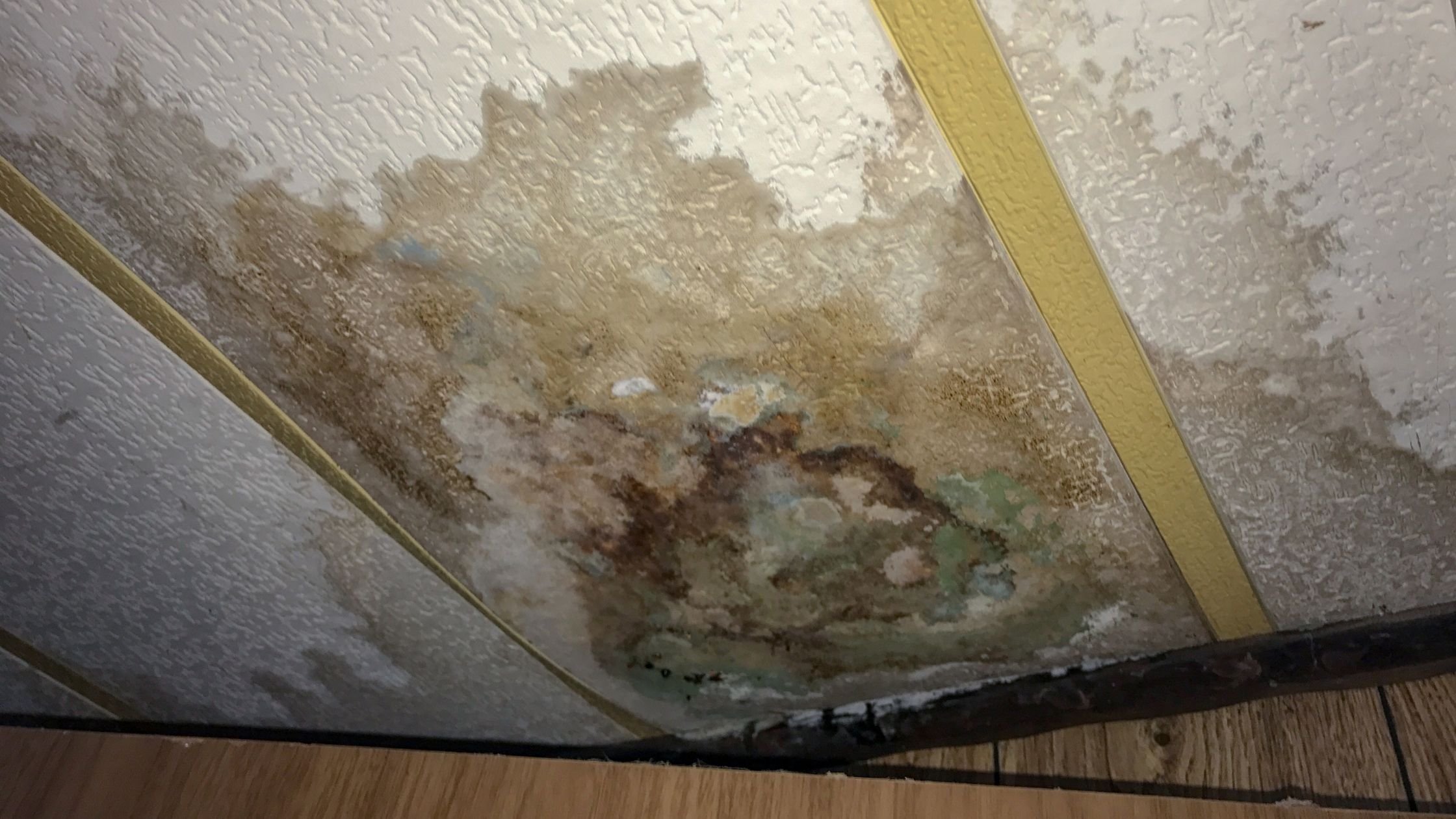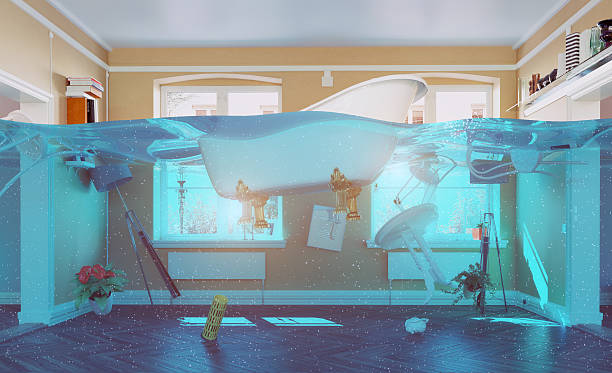Understanding Bathroom Water Deterioration Reasons
Understanding Bathroom Water Deterioration Reasons
Blog Article
The author is making a number of good pointers on How to Repair and Prevent Bathroom Water Damage? in general in the article underneath.

Water damage typically happens in the washroom because of the water made use of everyday. Sometimes, the damage could be a little mold from the shower. Other times, it's enormous damage on your flooring. Whatever it is, it is constantly good to understand the cause and also avoid it before it happens.
This overview will certainly go through some of the typical reasons for water damage in the restroom. We will certainly likewise examine what you can do to prevent these reasons from damaging your washroom. Allow's dive in.
These are the typical factors you would certainly have water damage in your washrooms as well as just how you can identify them:
Excess Moisture
It's great to have that long shower as well as dash water while you dance around and act like you're carrying out, yet often these acts could trigger water damage to your restroom.
Sprinkling water around can cause water to visit edges and also form molds. See how you spread excess dampness around, and also when you do it, clean it up to prevent damage.
Splits in your wall tiles
Washroom wall ceramic tiles have been particularly made for that purpose. They safeguard the wall from moisture from people taking showers. Nonetheless, they are not indestructible.
In some cases, your restroom wall surface ceramic tiles crack and also allow some dampness to seep right into the wall. This might potentially destroy the wall surface if you do not take any activity. If you notice a fracture on your wall surface ceramic tiles, fix it instantly. Do not wait until it ruins your wall surface.
Overflowing bathrooms and sinks
As people, sometimes we make blunders that might create some water damage in the bathroom. For example, leaving your sink tap on could create overflowing and also damages to various other parts of the washroom with moisture.
Additionally, a faulty commode could trigger overflowing. For example, a broken bathroom take care of or various other parts of the cistern. When this occurs, it might damage the flooring.
As soon as you see an overruning sink or commode, call a plumbing to assist handle it promptly.
Ruptured or Leaking Pipes
There are several pipes lugging water to various parts of your washroom. Some pipes take water to the bathroom, the sink, the faucets, the shower, and also several various other locations. They crisscross the tiny location of the bathroom.
From time to time, these pipelines could get corroded and also ruptured. Other times, human action might create them to leak. When this happens, you'll discover water in the corners of your bathroom or on the wall.
To detect this, look out for gurgling wall surfaces, molds, or mildew. Call a specialist emergency situation plumbing technician to fix this when it takes place.
Roofing system Leakages
Often, the problem of water damage to the shower room might not originate from the washroom. As an example, a roof covering leak can create damage to the bathroom ceiling. You can find the damage done by taking a look at the water spots on the ceiling.
If you find water spots on your ceiling, inspect the roof to see if it's damaged. After that, call an expert to help solve the problem.
Conclusion
Water damage to your washroom can be frustrating. However, you can manage it if you avoid several of the causes stated in this overview. Call a specialist emergency plumber if you observe any serious damages.
Common Causes of Water Damage in a Bathroom
Water damage can appear virtually anywhere in your home, but bathrooms and basements are the two most common areas. It’s easier to spot causes and signs of water damage in an unfinished basement, but that doesn’t mean it’s any less severe to have water damage occur in your bathroom.
Spotting Signs of Bathroom Water Damage
The bathroom is probably the most common place where you’ll use water in your home. Because of this, there’s a relatively high risk of sustaining water damage. The longer water damage goes untreated, the worse it can get. Therefore, you need to know what signs to look for and deal with any damage as soon as possible.
There are often items like rugs, bottles, towels, and so on crammed in every corner of the typical bathroom, which can trap moisture and hide budding problems. But what usually causes the most water damage in a bathroom? How can you spot it, especially with so many items in the way? This article addresses several common ways to notice, prevent, or fix bathroom water damage.
A Recurring or Persistent Musty Odor
Wherever there’s water damage, you almost always find small spots of mold, or even a full-blown infestation. When you leave mold to thrive and grow, it creates a stinking, musty odor that’s pretty hard to miss. Don’t leave musty smells unaddressed—try to find the source so that you can have it repaired before more damage occurs.
Damaged Grout or Caulk
When these sealing agents fail, virtually nothing prevents water from seeping past the barrier, causing water damage and mold growth underneath wall and flooring tiles. Damaged showerheads, spigots, grout, or caulking, combined with excessive moisture, create the perfect environment for mold to thrive.
Loose Tiles or Spongy Floors
Moldy and water-damaged walls make it more difficult for tiles to stay in place, which can cause them to become loose. In addition, persistent moisture on a bathroom floor can result in water damage to the subflooring layer, causing it to degrade, lose integrity, and feel spongy.
Stubborn Growth
If there’s visible mold in your bathroom that you’ve removed more than once, the most likely reason it keeps coming back is a deeper infestation in the walls or floors. It’s critical to deal with this problem immediately to prevent further damage and new or worsening health issues.
https://advantaclean.com/blog/common-causes-of-water-damage-in-a-bathroom/

I ran across that blog entry on How to Repair and Prevent Bathroom Water Damage? while doing a lookup on the internet. Those who enjoyed our article if you please do not forget to pass it around. Thanks a lot for your time. Please pay a visit to our blog back soon.
We're on standby! Report this page